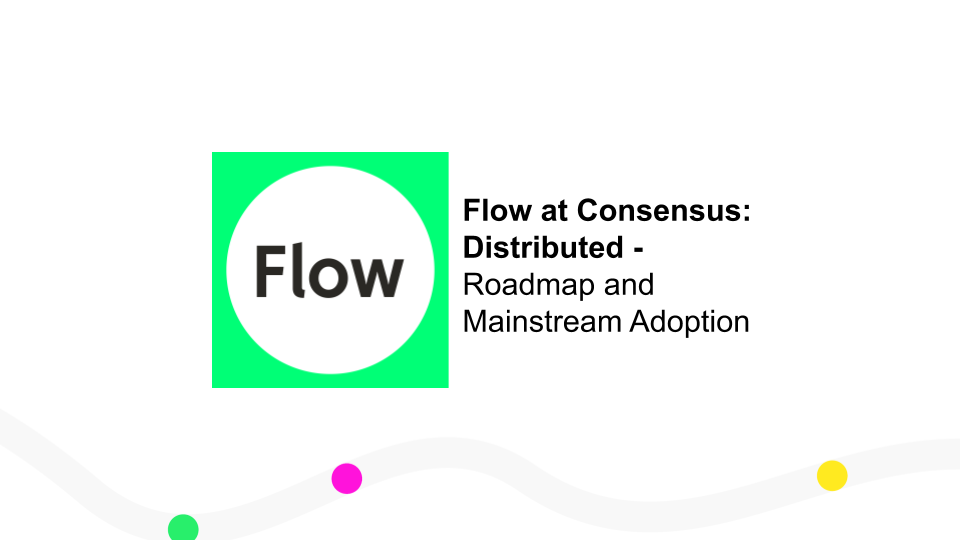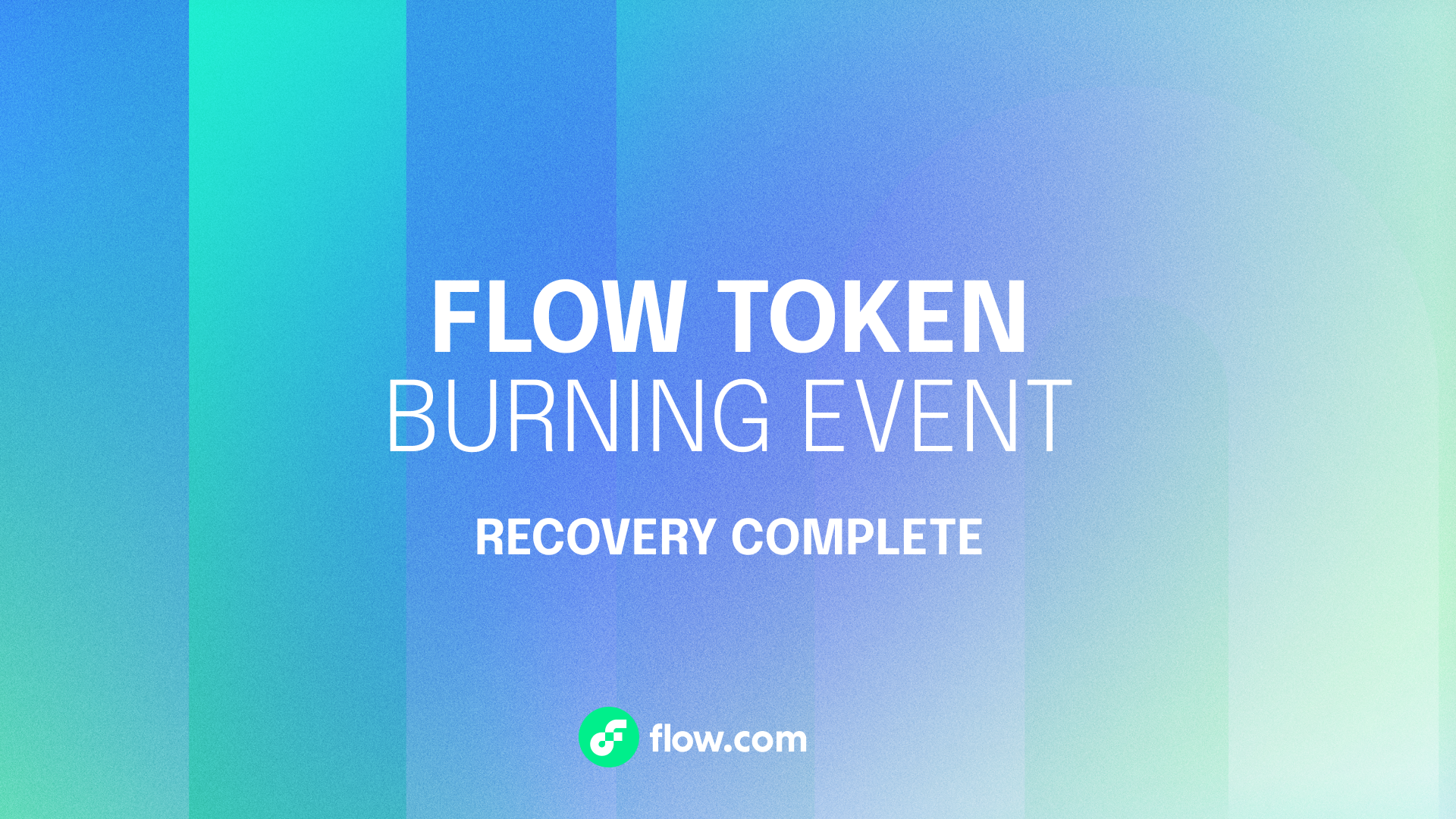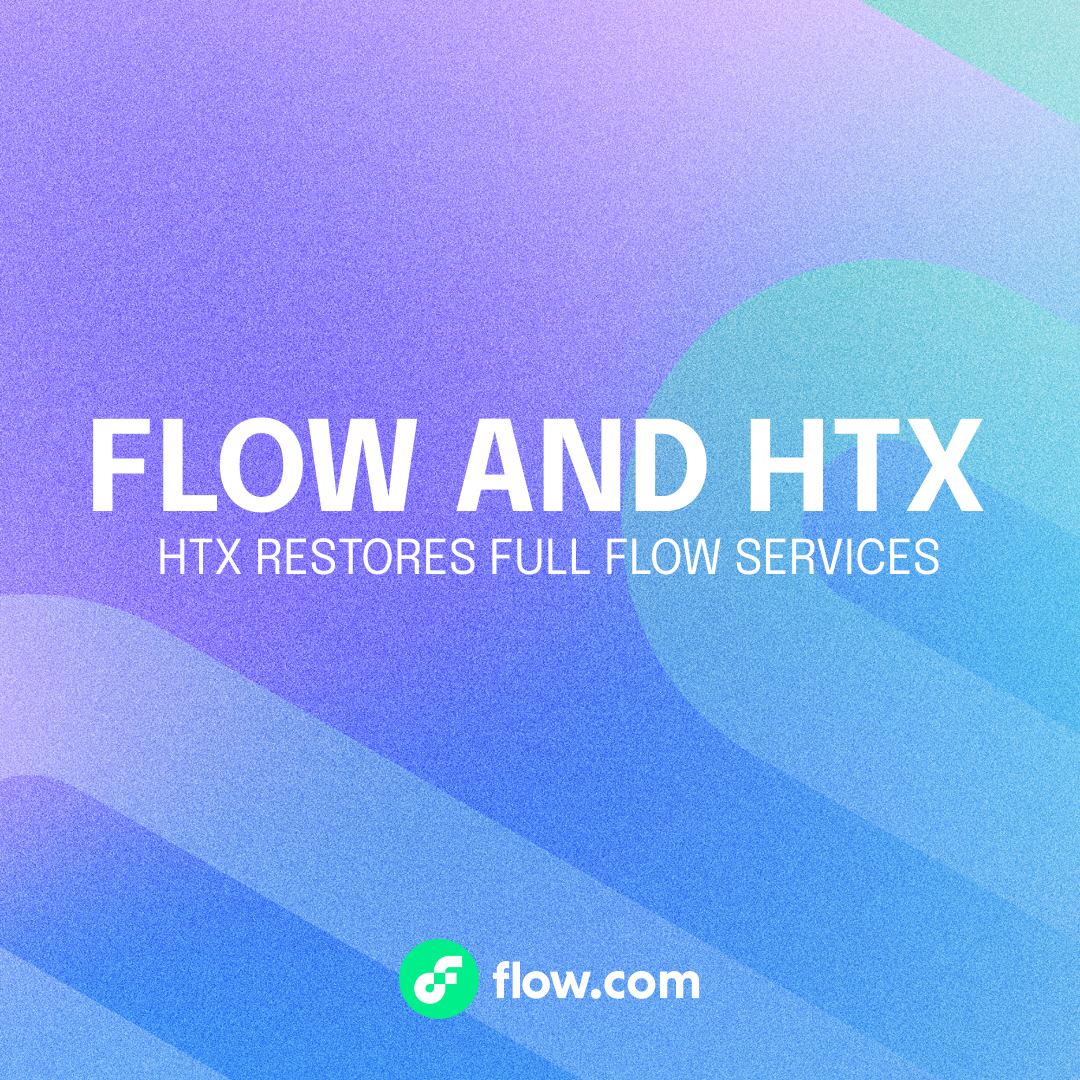
Flow team and partners hit the Foundations stage this year at Consensus: Distributed to present why we built Flow and how it will lead mainstream crypto adoption. If you missed the session, you can catch the entire session below.
In the recorded session, you will hear about how we researched the entire crypto space for alternative solutions to blockchain scaling before deciding to build Flow and what makes it so different: scaling without sharding, one global shared state composability and full ACID compliance.
You will also hear from Sean Li, founder of Formatic and Magic on why he integrated with Flow and how our key features make an open and interoperable world uniquely possible. We are also well aware that technology is only one part of the equation, creating a great developer experience and having clear go to market strategy are equally important.
It might surprise many people, there's tremendous interest from big brands and corporations to get involved in blockchain, but they have been reluctant so far due to limitations on currently available solutions. In this video, Caty Tedman, Dapper Labs VP of Partnership & Marketing, will tell you about our relationship with the NBA (NBA Top Shot), why they're eager to tap into the blockchain ecosystem, and how Flow is unlocking opportunities for them that simply weren't possible before. We experience first hand those limitations, in 2017, with CryptoKitties launch and the immediate Ethereum network congestion, due to the massive popularity the game experienced.
Last but not least, it became more apparent that existing smart contract programming languages still had many drawbacks. For example, Solidity is the most used language for building dapps, but few developers, even within Ethereum ecosystem, would say it is the answer for the future. Dieter Shirley, CTO of Dapper Labs and the Chief Architect of Flow, will explain why we rejected EVM and WASM as potential candidates and came up with Cadence, a resource-oriented language made specifically for this new paradigm of scarce digital resources.
Want to learn more? Here are the FAQs from the session:
Q: Flow’s platform architecture does not use sharding and yet you are planning to handle 1.2 bln active users for a game industry. That looks like a lot of data and TPS. Who can handle that? Who is your validator target?
A: This is exactly what the multi node architecture allows - validators can participate in the core consensus process with relatively low computation requirement, ensuring the network is secure and decentralised. Flow offloads the heavy computation of deterministic tasks to relatively few, large execution nodes, which would indeed be on the order of data centre size. The 4 node architecture keeps these large nodes in check. What you asked is exactly the fundamental difference to how Flow scales while maintaining ACID guarantees across the state without compromising security.
Q: How does Flow deal with Oracle requirements and bringing trusted real world data onto blockchains?
A: There's no easy answer here (yet!). We're looking at everything everyone is doing and welcome brainstorming with anyone who has new ideas. We invite you to connect with us through Discord.
Q: Is Flow built on top of Ethereum with their own cadence programming language?
A: Flow is not built on top of Ethereum, it's a new L1 (layer one) blockchain built from the ground up. It uses the HotStuff consensus algorithm, a novel multi-node architecture, and yes - a new programming language called Cadence
Q: Are there plans for a Flow native token? Also have you set up a developer/project fund that supports dapps building with Cadence/Flow?
A: yes - the Flow native token will be FLOW. We haven't published much info online about this, but sharing with advisors / experts now. Expect to hear more about this soon.
Absolutely, we want to support developers building on top, but it's really important to us to do so *sustainably* for both devs and the network. Please join us on Discord to share your idea and apply to the Flow Alpha program if you have a product ready to launch.
Q: Upgradable contracts, isn't it something we want to avoid (or limit it somehow)?
A: Smart-contracts ideally shouldn't change. Of course there is a risk of bugs, but the whole beauty of blockchain is immutability and desintermediation."
Yes, right now, developers are "rolling their own" upgradability standards, or just leaving big admin privileges open. On Flow, we allow smart contracts to be deployed to the Mainnet in a “beta state”, where the code can be incrementally updated by the original authors. Users will be alerted to the unfinished nature of this code, and can choose to wait until the code is finalized before trusting it. Once authors are confident that their code is safe, they can irrevocably release their control on the contract, and it becomes perfectly immutable for the rest of time.
Have more questions you want answered? Connect with us on Discord, our team is excited to hear from you.


















